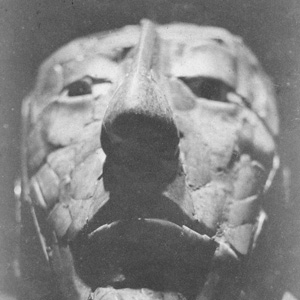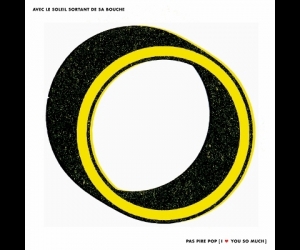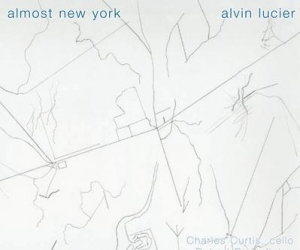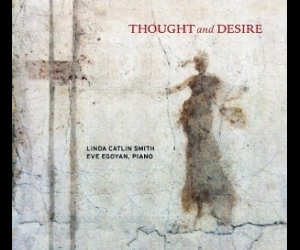Aki Onda. Cassette Memories vol. 3, South of the Border.
Important Records, imprec309

When Aki Onda released the first two volumes of his Cassette Memories series almost a decade ago, part of their radical appeal was the idea that someone would continue to use cassette Walkman recorders as their medium. Onda not only used them, but wielded them like a DJ, creating dense and active collages from his archive of recordings. In a postdigital era, where vintage media is sexy again and indie labels are doing runs of cassettes for their most devout, Onda’s choice may not now seem as idiosyncratic, but his mastery is just as assured.
A portrait of Onda’s first trip to Mexico in 2005, Volume 3: South of the Border strips away the dense collage of the first two Cassette Memories to allow longer passages to unfold, often subtly overlayed with slight sonic gestures, or morphed by the malfunctions of the recorders themselves. Onda notes that two of the three tape recorders with which he travelled malfunctioned—a hazard of vintage equipment, but a boon in terms of how they altered the sound of his experiences during their actual recording. The album becomes a celebration of these strangely mangled field recordings, further compressed into a dreamy reverie by the limited dynamic range of the cassette tape.
The first track, “A Day of Pilgrimmage,” is a surprisingly straightforward recording of a Mexican brass band, embossed by a subtle reverb that creates a very slight ghosting effect. It leads into “Dust,” a slightly disembodied recording of a sandstorm, interlaced by strange, shortwave signals that are spliced in. The third track, “Bruise and Bite,” blends sounds by a sonic print-through, creating a pulsing mix of two sounds before dissolving into a mournful slow-motion horn passage. The horn, which returns more insistently in the final track, after a segue back to the brass band (this time bathed in a cloud of squeaks that are either birds or the screeching metal of aging infrastructure), has a strangely Middle Eastern inflection, which belies its Mexican origins. This strangeness doubles back on the rest of the album, further confounding what we have heard. Onda speaks of Mexican filmmaker Alejandro Jodorowsky, known best for the ’70s Mondo films El Topo and The Holy Mountain, as an influence. Indeed, a bit of the surrealism of Jodorowsky’s work is apparent here, as the sounds we hear move slightly beyond the realm of recognition into a strange fever of memory.



